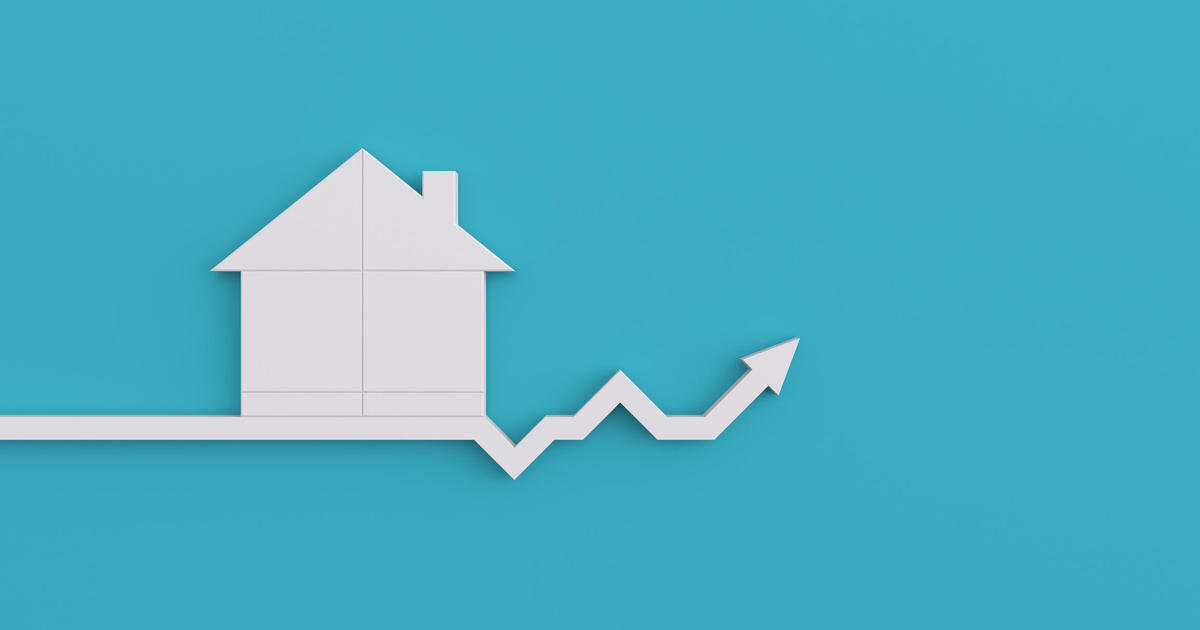We may receive commissions from some links to products on this page. Promotions are subject to availability and retailer terms.

Getty Images/iStockphoto
Mortgage rates have had a bumpy ride this year. They started 2024 in the mid-6% range, jumped to over 7%, fell steeply in September, and now, they’re nearly right back where we started — only slightly higher.
The volatility has posed quite a challenge for homebuyers, especially those on tight budgets looking to minimize their monthly mortgage costs. Will the mortgage rate rollercoaster continue as we get into the new year, though? Here’s what experts say.
Compare today’s best mortgage rates to find the right loan for you.
What will mortgage interest rates be in 2025?
Mortgage rates are “incredibly difficult to predict,” says Charles Goodwin, vice president of sales at mortgage lender Kiavi. They hinge on many factors — economic, political and more — and all those are constantly in flux.
“Mortgage rates generally will move as expectations change related to data from the job market, inflation, GDP growth and more,” Goodwin says. “If the U.S. economy and job market remain strong, expect mortgage rates to move very slowly.”
The Federal Reserve plays a role, too, says Debra Shultz, vice president of lending at CrossCountry Mortgage.
“Over the last few years, the Fed policy has been all about tightening to control and lower inflation,” Shultz says (hence higher mortgage rates). “They’re happy with their efforts and have shifted to a policy of easing, which will lower interest rates over time.”
Finally, a new presidential administration — and the policies it enforces — will also factor into where rates head next year.
“Mortgage rates will also change depending on the policies of the Trump regime,” Goodwin explains. “Policies are expected to expand the deficit, which would lead to mortgage rates being higher for longer, as more treasuries would need to be issued to cover the deficit.”
Find out the top mortgage rates you could qualify for here.
Mortgage rates should drop in 2025
Most experts predict that mortgage rates will fall steadily in 2025, and forecasts from both the Mortgage Bankers Association (MBA) and Fannie Mae back that up.
“I expect mortgage rates to be on a slow grind downward in 2025, barring unexpected softness in the economy,” Goodwin says.
Will the reduction be huge? Not likely, pros say. The MBA projects that rates will start the year around 6.2% and fall to 5.9% by year’s end. Fannie Mae forecasts a dip from 5.9% to 5.6%.
“We should see rates in the mid 5% range in 2025,” Shultz says. “Post COVID, 5.5% may sound high, but historically, it’s a low and economically healthy interest rate.”
That mid-5% rate would come immediately, though, and it may take some ups and downs to get there, according to Mike Hardy, managing partner of Churchill Mortgage’s Pacific Southwest region.
“I expect that we will see mortgage rates undulate slightly down throughout 2025,” Hardy says. “Think of a kid on a down escalator with a yo-yo as a visual to understand the path of mortgage rates.”
The bottom line
While the news generally looks good for mortgage rates, pros say sitting on the sidelines for lower rates probably isn’t a smart idea unless you really have to.
“A buyer can certainly wait until next year to buy a home and will likely have a lower rate, but they run the risk of paying a higher price and having significantly more competition,” Hardy says. “It seems that everyone is waiting to enter the market with lower rates, and there’s a significant amount of pent-up demand. This phenomenon would cause home prices to be higher next year than they are today.”
Overall, Hardy says home prices are projected to jump 4% to 5% next year.
“That means a year from today, a home worth $600,000 will be $625,000 to $630,000,” he says. “If someone can afford a home today and they find a home that speaks to them, I’d advise buying today and then planning to refinance the mortgage in the next year or two with more favorable terms.”
Aly J. Yale is a contributing writer for the Managing Your Money section for CBSNews.com, covering various personal finance topics, including investing, homebuying, loans and more.









